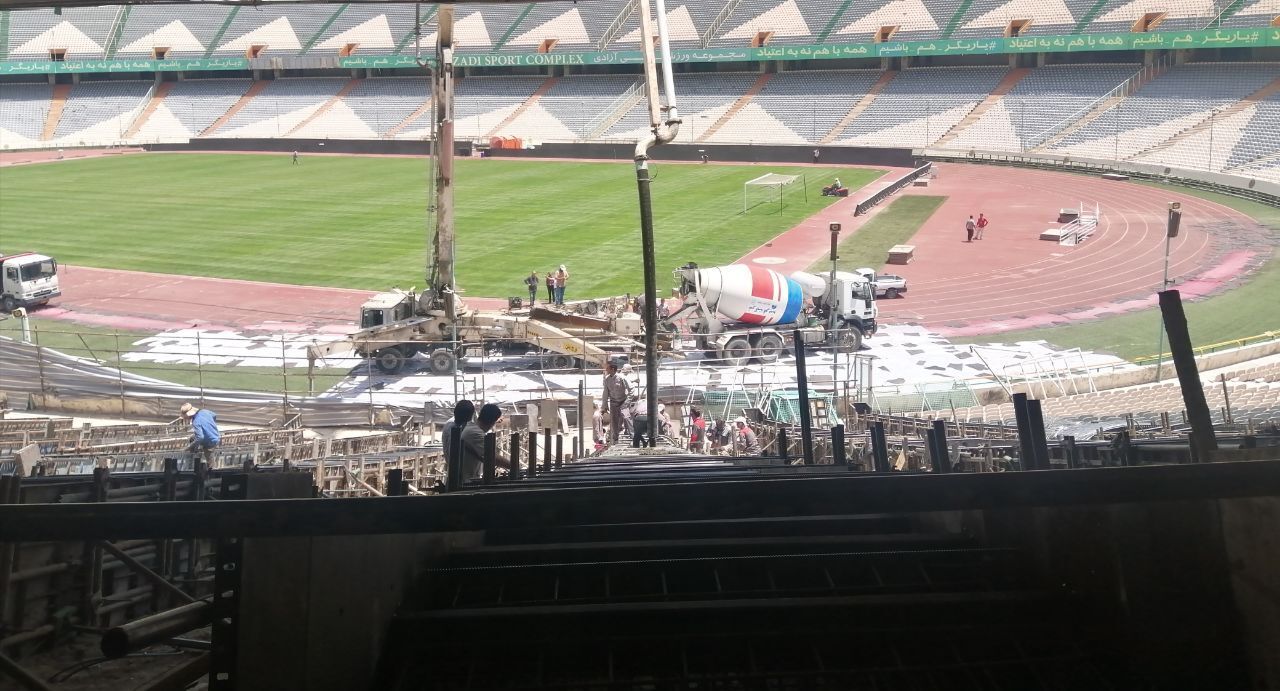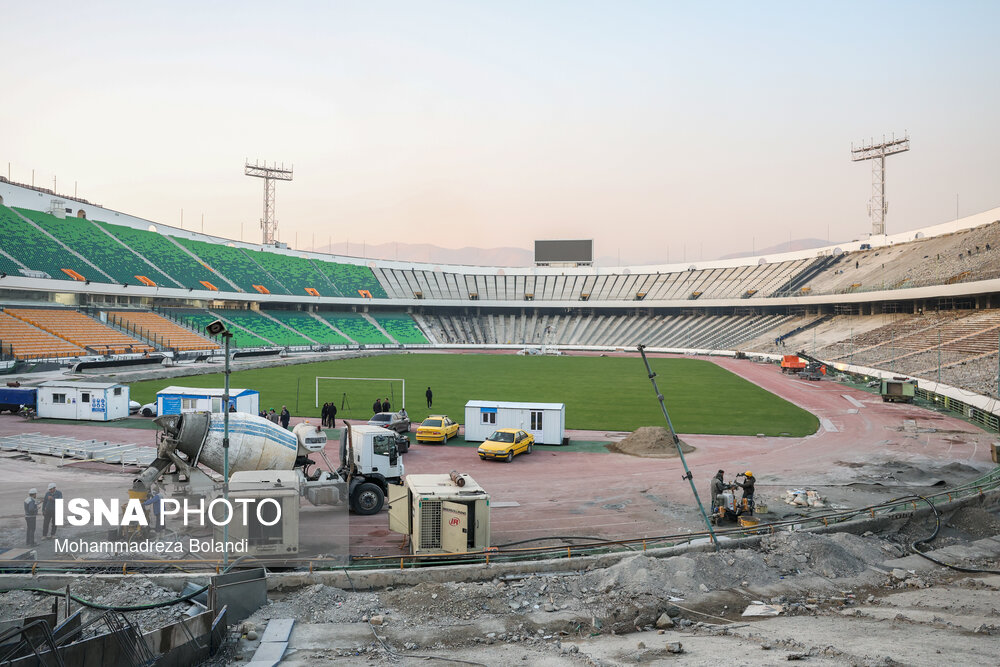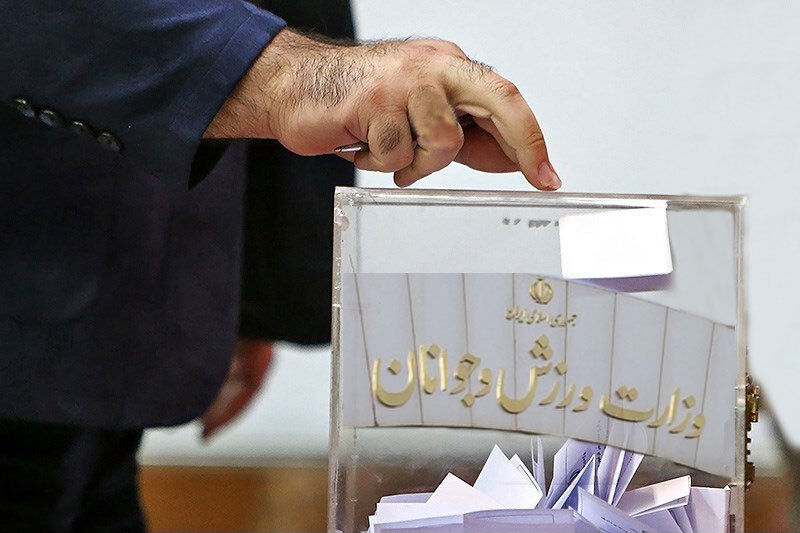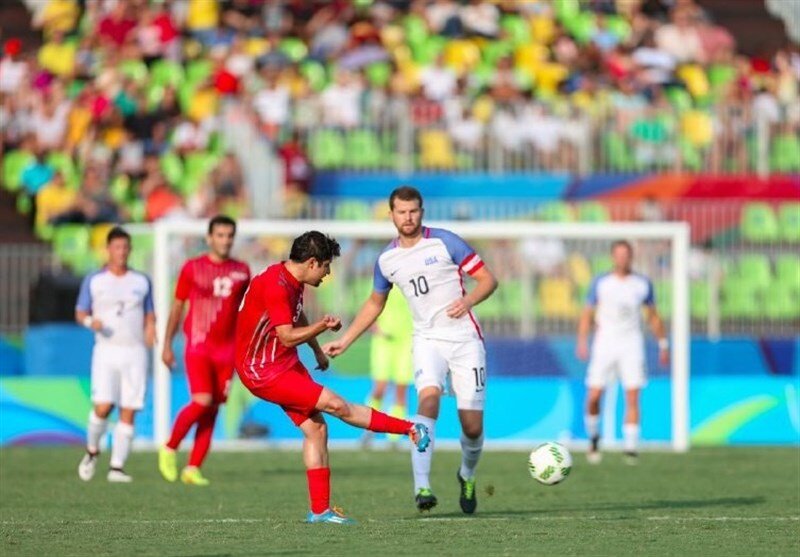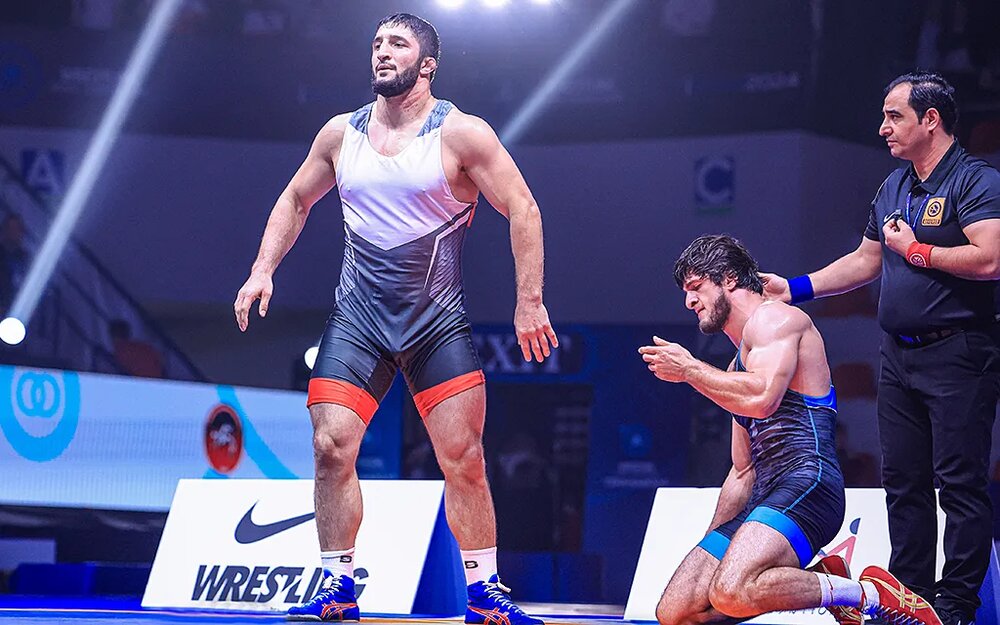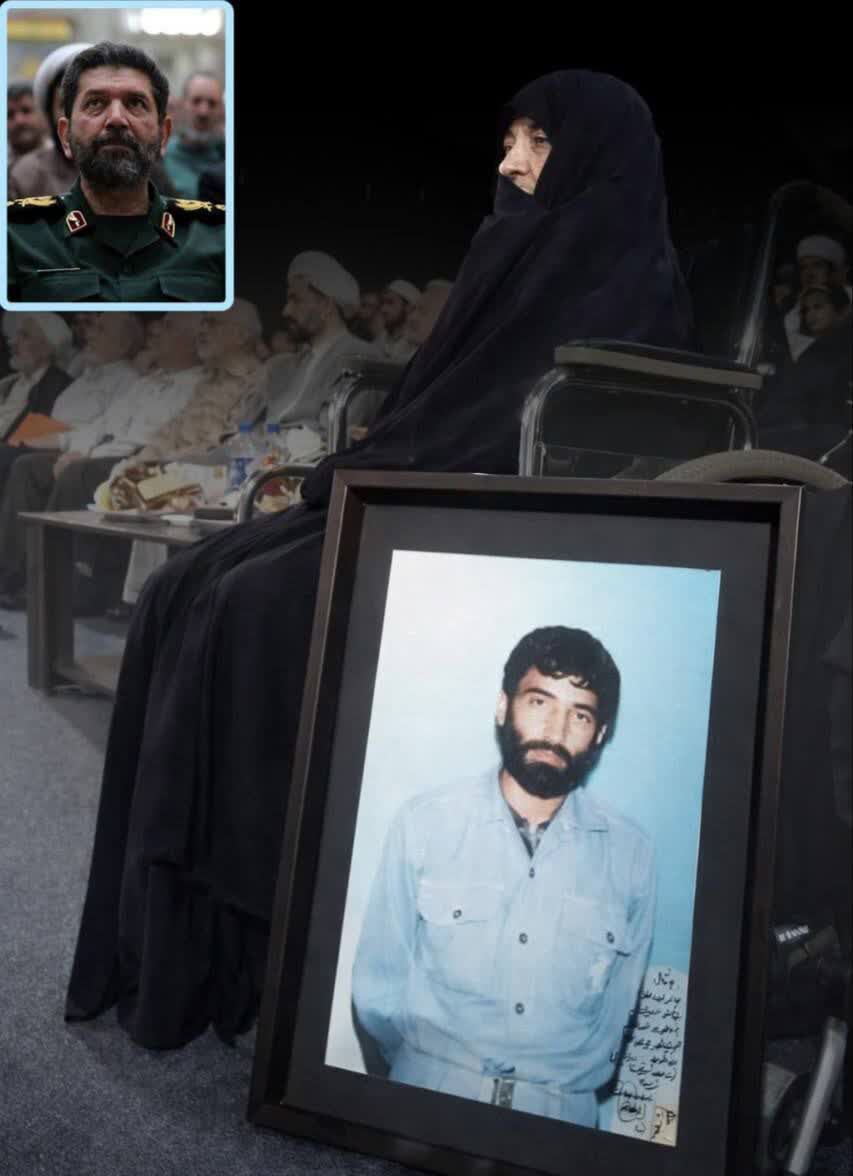Qatari PM says Hamas ruled out role in Gaza governance, but disarmament talks ongoing
Qatari PM says Hamas ruled out role in Gaza governance, but disarmament talks ongoing

Qatar says Hamas will not be part of the future governance of Gaza, but the group has not yet committed to unconditional disarmament.
“Hamas’s response to us was very clear…they are willing to give up the governance,” Qatari Prime Minister Mohammed bin Abdulrahman al-Thani said on Wednesday at a Council on Foreign Relations event in New York City.
“The weapons question, from their (Hamas’s) perspective, this is an obligation on all the factions, not on Hamas only. We are trying to push them [sic] to get to a point where they acknowledge that they need to disarm,” he added.
“We need to make sure that the Palestinians are safe and the Israelis are safe. That is the whole purpose of the decommissioning and disarmament,” he said.
Qatar is one of the guarantors, along with the US, Turkey and Egypt, of the Gaza ceasefire that was signed earlier this month. The agreement has been marred by violations, including Israel’s refusal to open the Rafah border crossing and Israeli air strikes on the enclave.
On Tuesday, Israel launched its most devastating strikes on Gaza since the ceasefire was signed. At least 104 Palestinians were killed, including 46 children, as strikes pummelled Gaza City, Khan Younis, and refugee camps in central Gaza.
Israel accused Hamas of violating the ceasefire, citing an alleged attack on troops in Rafah on Tuesday that left one soldier dead, and delays in handing over the bodies of dead captives.
Thani said the attack was “very disappointing and frustrating”, adding that Qatar was focused on de-escalating the situation and preserving the ceasefire.
Hamas denied any involvement in the Rafah shooting.
Speaking with reporters during a trip to East Asia, US President Donald Trump echoed Israel’s claim before saying that he believes the agreement will hold.
“The Israelis hit back, and they should hit back,” Trump said.
UN resolution for peacekeepers
Qatar, Turkey and Egypt were instrumental in pushing Hamas to agree to the ceasefire, while Trump appeared to put leverage on Israeli Prime Minister Benjamin Netanyahu, analysts and diplomats say.
Israel still occupies over half the Gaza Strip, and Trump’s advisor and son-in-law, Jared Kushner, floated an idea to rebuild the Israeli-occupied half of the enclave while leaving the part currently controlled by Hamas destroyed. The US wants Gulf Arab states to invest in Gaza’s reconstruction, but there has been little evidence that they are willing to provide funds now.
When asked about Israel’s ongoing occupation of Gaza, Thani cited Trump’s 20-point ceasefire plan.
“When you look at President Trump’s plan, the major themes are ending the war, no occupation, and no annexation [of Gaza]. These are three key principles,” he said.
“Ultimately, they need to withdraw once the international stabilisation force comes into place,” he added.
The US is currently drafting a resolution at the United Nations for a mandate authorising Arab and Muslim peacekeeping forces to deploy to Gaza, current and former US and Arab officials tell Middle East Eye.
The US is consulting closely with the UK and France on the wording, which is likely to make no reference to a two-state solution or Palestinian statehood, one Arab diplomat briefed on the talks told MEE.
The official said Arab capitals expect progress to accelerate after Russia hands over the UN Security Council chairmanship in November.
Israel hit 'heart' of Gulf security architecture
Unwilling to pay for the reconstruction of Gaza or provisioning of peacekeepers itself, the US is likely to lean further on Qatar and other Gulf states.
In September, Israel attacked Hamas negotiators in Doha. Qatar is home to al-Udeid, the largest US air base in the Middle East. The unprecedented Israeli attack jolted the Gulf region.
“This attack was a shock,” Thani said, adding that the Qatari people were “significantly” impacted by the “trauma”. The strike killed six people, including a Qatari security official who Thani said served in the US embassy at one point.
Thani said the strike “affected the heart of the security architecture of the region”, noting “having an attack from a US ally is out of the equation”.
The Trump administration scrambled to address the fallout from the attack. Trump signed an executive order vowing to defend Qatar in case of further attacks, and his administration signed a new agreement to train Qatari fighter pilots at a US military base in Idaho.
Following the strike, Trump met with Arab and Muslim leaders on the sidelines of the UN General Assembly. Although Trump ignored some of their demands, including a call for the Palestinian Authority to take the lead in governing Gaza, he pushed Israel into a ceasefire after the meeting.
Thani said the attack on Doha was a turning point in efforts to reach a Gaza ceasefire.
“The attack showed the US that all the red lines [were] being crossed,” he said.






